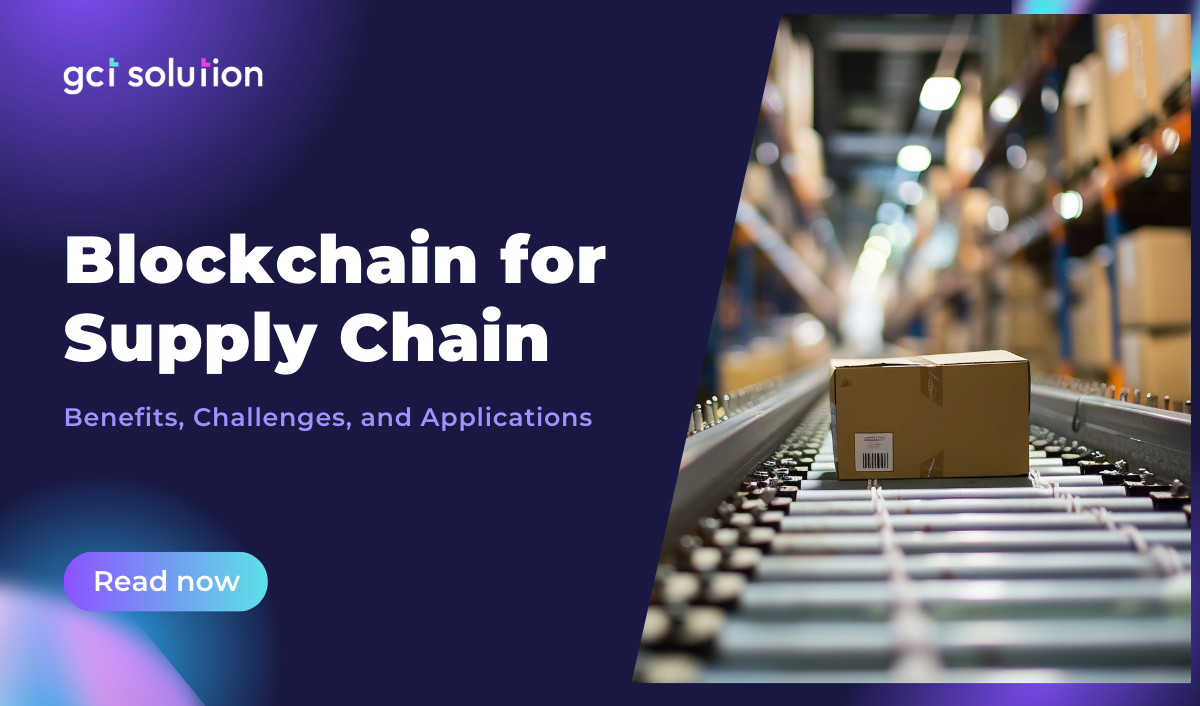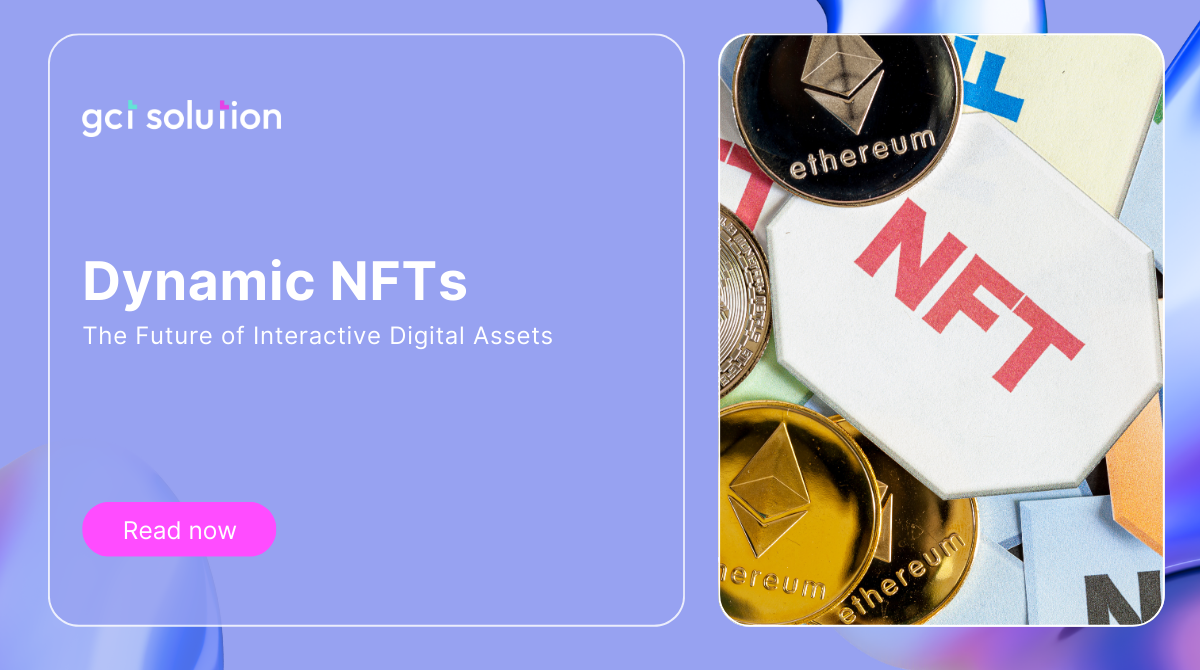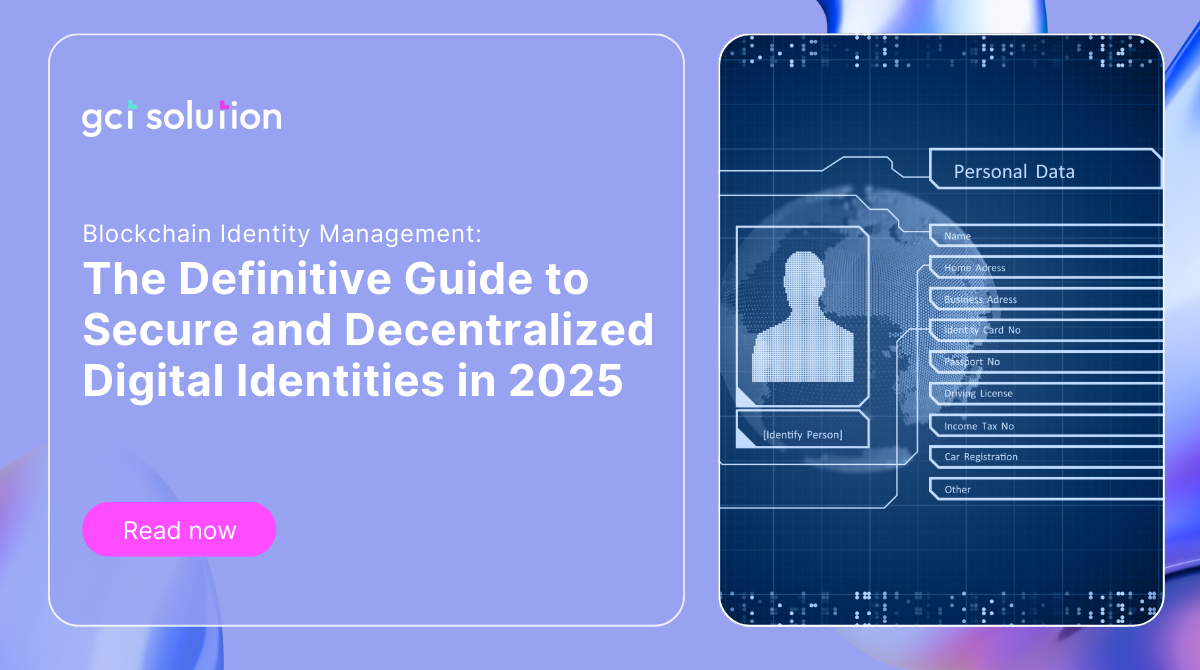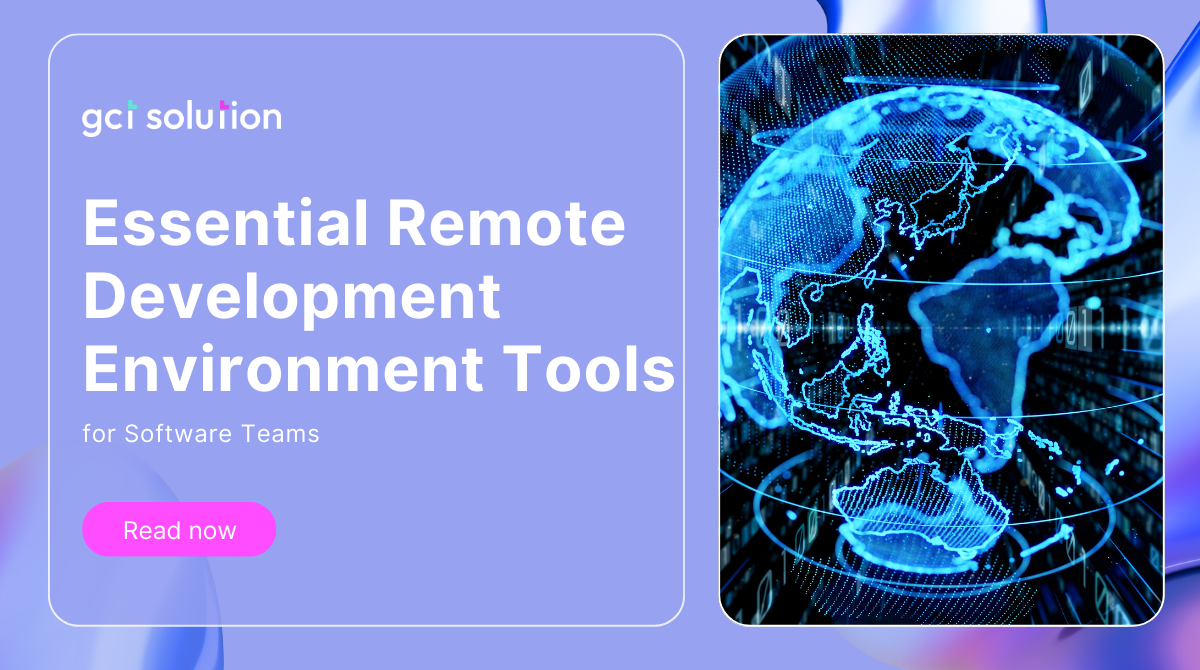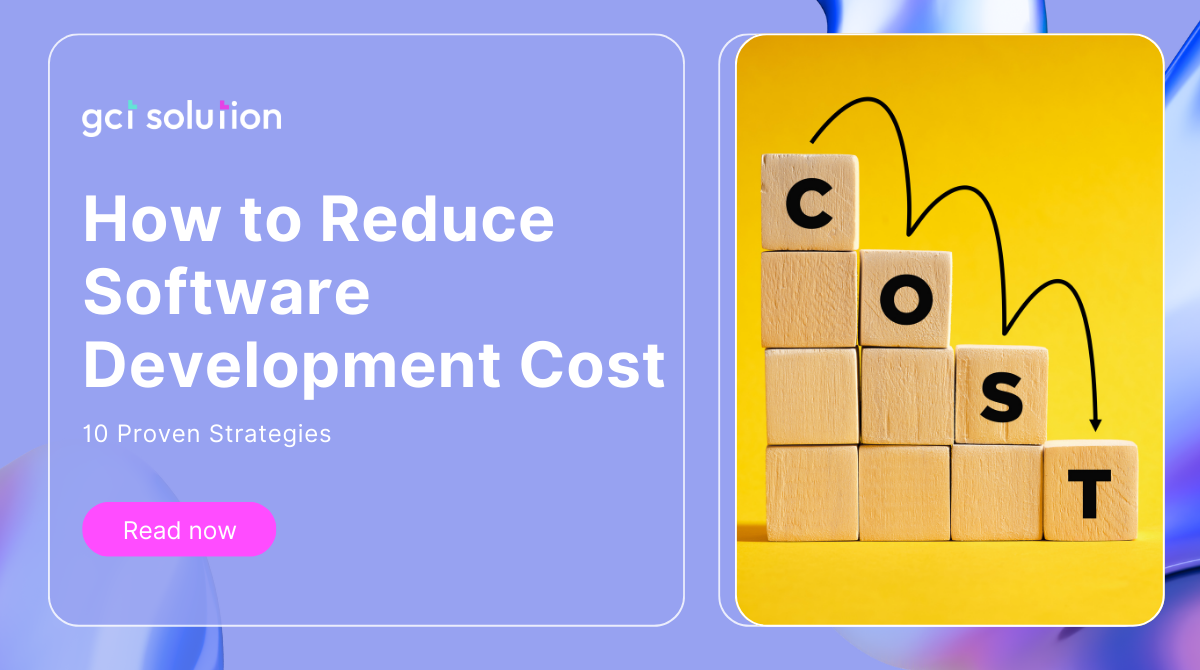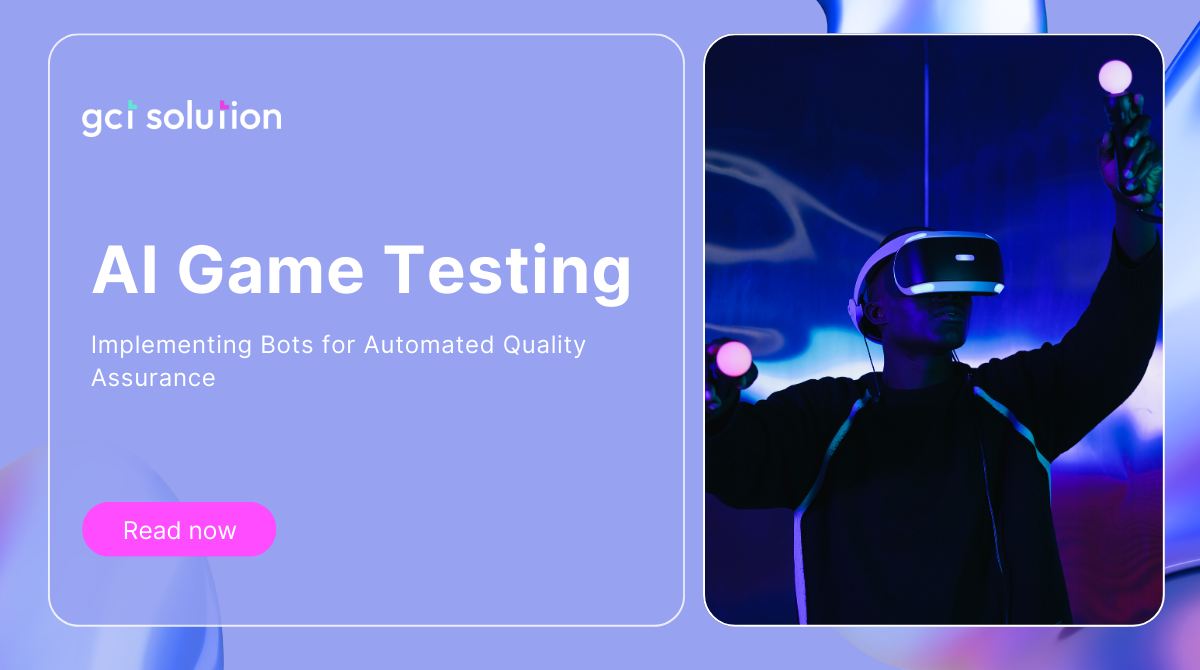Blockchain for Supply Chain: Benefits, Challenges, and Applications
Blockchain technology, once synonymous with cryptocurrencies like Bitcoin, is rapidly becoming a game-changer in supply chain management. As global supply chains become increasingly complex and data-driven, businesses are looking for innovative ways to improve transparency, traceability, and efficiency. This is where blockchain comes in, offering an immutable and decentralized ledger system that can enhance supply chain operations by securely recording and sharing data across multiple stakeholders.
In this blog, we will explore how blockchain is transforming supply chains, addressing the challenges it helps solve, its limitations, and real-world examples of its application. We’ll also discuss the future of blockchain in supply chain management and provide a step-by-step guide for businesses looking to adopt this cutting-edge technology.
1. Understanding Blockchain: A Game-Changer for Supply Chains
Blockchain technology is a distributed ledger system that allows for secure, transparent, and immutable recording of transactions. These transactions are stored in blocks, which are linked together in a chronological chain, and each block is encrypted to ensure data integrity. The decentralized nature of blockchain means that no single entity controls the entire system, making it resistant to tampering and fraud.
In the context of supply chains, blockchain’s decentralized nature is particularly advantageous. Supply chains involve multiple entities - including manufacturers, suppliers, logistics providers, and retailers - who need to share data throughout the lifecycle of a product. Blockchain enables these entities to share data securely, ensuring all participants have access to a single, accurate version of the truth. This not only enhances transparency but also improves trust between supply chain partners.
Permissioned vs. Permissionless Blockchains

There are two primary types of blockchain systems: permissioned and permissionless. In a permissioned blockchain, only authorized participants can access the data or contribute to the blockchain, making it suitable for supply chains where confidentiality is important. For example, companies might not want to disclose sensitive information like pricing or supplier details to all stakeholders. Conversely, a permissionless blockchain allows anyone to participate, which is more suited to open, decentralized systems like cryptocurrencies.
In supply chains, permissioned blockchains are generally favored because they offer controlled access while maintaining the benefits of transparency and security. This makes them ideal for industries where data privacy and protection are critical, such as pharmaceuticals or food safety.
2. Key Benefits of Blockchain in Supply Chain Management
Blockchain’s application in supply chains brings a wide array of benefits that address some of the industry’s most pressing challenges, including traceability, efficiency, and collaboration. Below are some of the key advantages.
Enhanced Traceability and Transparency
One of the most significant benefits of blockchain is its ability to provide end-to-end visibility into the supply chain. By using blockchain, companies can track products as they move through each stage of production, from sourcing raw materials to delivering the final product to customers. This capability is particularly crucial in industries like food and pharmaceuticals, where consumers and regulators demand proof of ethical sourcing and quality control.
For example, Walmart has implemented blockchain to track pork sourced from Chinese farms. Each piece of pork can be traced from the farm where it was raised, through processing plants, to the store where it is sold. This level of transparency helps Walmart ensure food safety while providing consumers with detailed information about the origins of the products they purchase.
Improved Efficiency and Reduced Costs
Traditional supply chains are often burdened by inefficient processes, particularly when it comes to payments and paperwork. Suppliers and manufacturers frequently rely on manual processes for verifying orders, processing invoices, and making payments, which can take weeks or even months. Blockchain addresses these inefficiencies by using smart contracts, which automatically execute transactions when predefined conditions are met.
For instance, if a supplier delivers goods to a manufacturer, a smart contract on the blockchain can automatically release payment as soon as delivery is confirmed. This reduces the need for third-party verification, speeding up the payment process and cutting administrative costs. Additionally, blockchain’s transparent nature reduces the risk of disputes or fraud, as all participants can view the same transaction data in real time.
You may also like this article:
A Complete Introduction to Smart Contract Development
Strengthened Trust and Collaboration
In today’s globalized world, supply chains often involve multiple stakeholders from different industries and regions. Building trust among these participants is essential, but it can be challenging due to the complexity and lack of visibility in traditional supply chain networks. Blockchain enhances trust by providing a single source of truth that all parties can rely on.
This shared ledger reduces the need for intermediaries, such as auditors or banks, to verify transactions. It also improves collaboration by allowing supply chain partners to securely share data, such as inventory levels, shipment details, and quality control information, without fear of data manipulation or loss.
3. Real-World Applications of Blockchain in Supply Chains
Blockchain’s transformative power is not just theoretical; it is already being used by leading companies across various industries for supply chain optimization. Below are some notable examples of how blockchain is being applied.
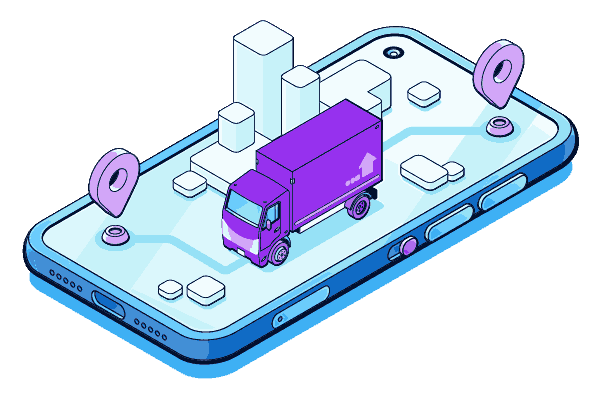
Food Industry
The food industry has been one of the earliest adopters of blockchain technology due to increasing consumer demand for transparency and food safety. Blockchain enables companies to track food products from farm to table, ensuring that they meet safety and quality standards at every step of the supply chain. This is particularly important in cases of foodborne illness outbreaks, where being able to quickly trace the source of contamination can save lives.
Nestlé, for example, uses blockchain to track the origins of its products, providing consumers with real-time information about where their food comes from and how it was produced. This not only enhances consumer trust but also helps Nestlé comply with increasingly stringent food safety regulations.
Automotive Industry
The automotive industry is also leveraging blockchain to address complex supply chain challenges, particularly in the sourcing of raw materials. Electric vehicle manufacturers like Ford are using blockchain to ensure that the cobalt used in their batteries is sourced ethically. Blockchain allows Ford to trace the cobalt from the mines in the Democratic Republic of Congo, through the various stages of refinement and production, to the final product.
This level of traceability is crucial in industries like automotive, where consumers and regulators are increasingly concerned about the environmental and human rights impacts of raw material extraction.
4. Challenges and Limitations of Blockchain in Supply Chains
While blockchain offers numerous advantages for supply chain management, it is not without its challenges. Some limitations hinder widespread adoption, particularly in industries where cost-efficiency and technical feasibility are paramount. Below are some key challenges to consider when implementing blockchain in supply chains.
Scalability and Costs
One of the most significant barriers to adopting blockchain in supply chains is scalability. Traditional supply chains process massive amounts of data and transactions daily, and blockchain’s decentralized nature requires the storage and validation of this data across multiple nodes. As the number of transactions increases, so does the demand for computational power and storage, which can drive up costs significantly.
In some cases, the cost of implementing blockchain may outweigh its benefits, particularly for smaller supply chains or industries where margins are thin. For example, in large-scale operations like automotive manufacturing, millions of transactions may need to be recorded on the blockchain. The infrastructure required to support this level of data processing could be prohibitively expensive, particularly in industries where efficiency is critical.
Technical Complexity and Integration Issues
Another challenge is the technical complexity involved in implementing blockchain solutions. Many supply chain systems rely on legacy technologies that may not easily integrate with blockchain. Developing a blockchain-based system that works seamlessly with existing enterprise resource planning (ERP) systems, for example, can require significant time and resources.
Additionally, there is no single standard for blockchain implementation in supply chains. Different industries may require different types of blockchain systems, and developing industry-wide standards for things like consensus mechanisms, encryption protocols, and data storage is still a work in progress. This lack of standardization can make it difficult for companies to choose the right solution for their needs.
Data Privacy Concerns
While blockchain’s transparency is one of its major advantages, it can also be a drawback in situations where sensitive data needs to be protected. Supply chains often involve proprietary information, such as pricing, contracts, and supplier relationships, that companies may not want to share with all participants.
Although permissioned blockchains offer some control over who can access the data, there is still a concern about the level of information that can be exposed. In industries like pharmaceuticals, where intellectual property and sensitive supplier information are critical, this lack of complete privacy could hinder blockchain adoption.
5. Future of Blockchain in Supply Chains
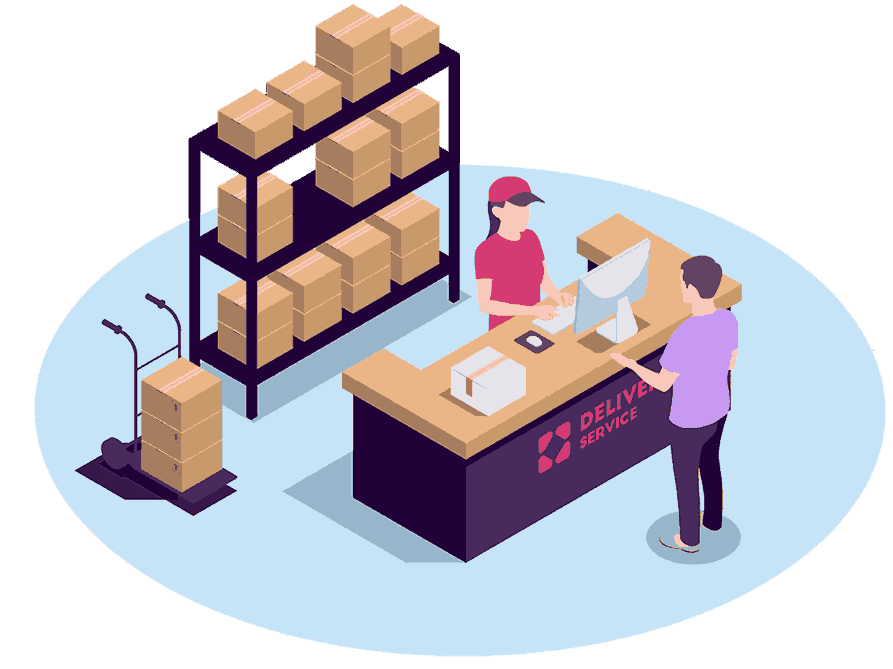
Despite these challenges, the future of blockchain in supply chains is promising. As the technology evolves and businesses become more comfortable with its application, blockchain is expected to play a pivotal role in transforming supply chain operations across various industries.
Integration with Emerging Technologies
Blockchain’s potential increases significantly when integrated with other emerging technologies such as the Internet of Things (IoT), artificial intelligence (AI), and smart contracts. By combining these technologies, businesses can create an automated, fully transparent, and secure digital supply network (DSN). IoT devices, for example, can capture real-time data about a product’s condition, location, and transit time, which can then be recorded on the blockchain.
For instance, IoT sensors attached to perishable goods can track temperature and humidity during transport, and if conditions fall outside the required range, this information is automatically logged on the blockchain. This allows for quick corrective action and prevents costly product spoilage.
Growth in Adoption Across Industries
While blockchain is already being used in industries like food, automotive, and logistics, its adoption is expected to grow in other sectors as well. The pharmaceutical industry, for example, is increasingly looking to blockchain to track the authenticity of drugs and prevent counterfeit products from entering the market. Similarly, the fashion industry is exploring blockchain to prove the authenticity and ethical sourcing of luxury goods.
As regulatory requirements for transparency and sustainability continue to increase, more industries are likely to adopt blockchain to comply with these demands. For example, in the European Union, new regulations are being considered that would require companies to provide detailed reports on their supply chains, making blockchain an attractive solution for ensuring compliance.
Policy and Regulation Impacts
Governments around the world are beginning to recognize the benefits of blockchain for supply chain transparency and security. As a result, new policies and regulations are being developed to encourage its adoption. In the United States, the Food and Drug Administration (FDA) has launched a pilot program to explore the use of blockchain for tracking pharmaceuticals, while in the European Union, blockchain is being considered as a solution for improving food safety and traceability.
The introduction of government incentives or even mandates for blockchain adoption could significantly accelerate the technology’s growth in supply chains. However, it is essential for businesses to stay informed about evolving regulatory landscapes and ensure that their blockchain solutions are compliant with local and international laws.
6. How to Implement Blockchain in Your Supply Chain: A Step-by-Step Guide
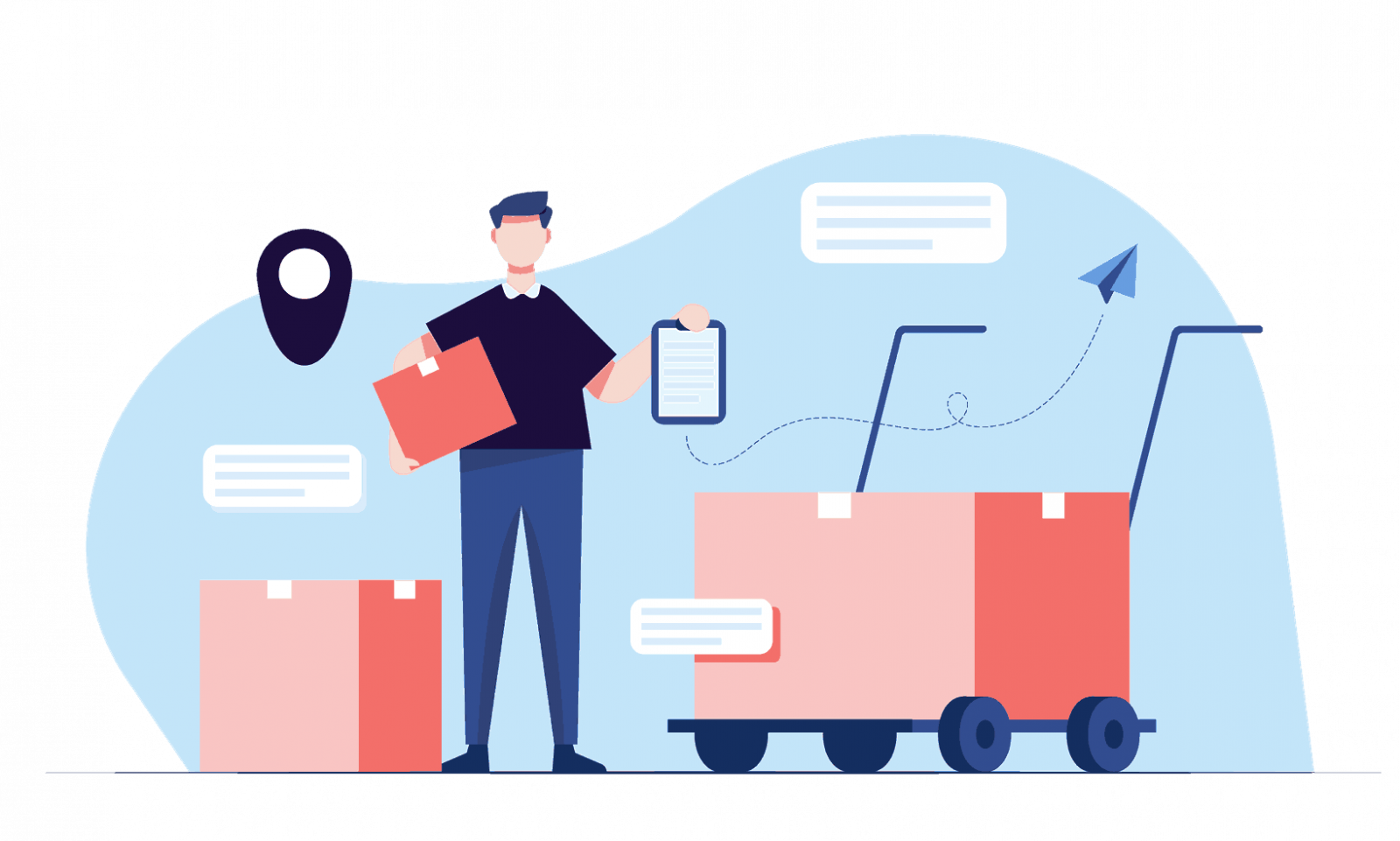
For businesses considering blockchain adoption in their supply chains, it is essential to follow a strategic and methodical approach. Below is a step-by-step guide to implementing blockchain in your supply chain.
Step 1: Identify Areas for Blockchain Integration
The first step in implementing blockchain is to identify which parts of your supply chain can benefit most from the technology. Look for areas where transparency, traceability, and efficiency are key concerns. For example, if your business deals with perishable goods, blockchain can help track product conditions in real-time to ensure quality.
Step 2: Choose the Right Blockchain Type
Next, decide whether a permissioned or permissionless blockchain is best suited for your needs. Most supply chains will benefit from a permissioned blockchain, as it allows you to control who has access to sensitive data. Consider factors like data privacy, the number of stakeholders involved, and the complexity of your supply chain when making this decision.
Step 3: Partner with Blockchain Experts
Blockchain implementation can be technically complex, so it’s crucial to work with experts in the field. Partnering with blockchain solution providers or consultants can help you navigate the technical challenges and ensure that your system is built to scale. Many companies, such as IBM and Deloitte, offer blockchain consulting services that specialize in supply chain management.
Step 4: Pilot the Solution
Before rolling out blockchain across your entire supply chain, it’s advisable to run a pilot program to test its effectiveness. Choose a small segment of your supply chain, such as a single product line or a specific supplier relationship, to implement blockchain and monitor the results. This will allow you to identify potential issues and refine the system before full-scale adoption.
Step 5: Scale Up Gradually
Once your pilot program is successful, you can begin scaling blockchain across other parts of your supply chain. Start by onboarding additional suppliers, logistics providers, and other stakeholders, ensuring that they are familiar with the technology and its benefits. As your blockchain network grows, you’ll gain more visibility into your supply chain and improve overall efficiency.
Final Thought: Is Blockchain the Future of Supply Chains?
Blockchain has the potential to revolutionize supply chains by improving transparency, efficiency, and collaboration. While there are challenges to widespread adoption, such as scalability and technical complexity, the benefits often outweigh these hurdles. As more industries recognize the value of blockchain and integrate it with other technologies like IoT and AI, its role in supply chains will continue to expand.
For businesses looking to stay ahead in today’s competitive landscape, adopting blockchain is no longer just an option - it’s becoming a necessity. By following a strategic approach to implementation, companies can unlock new levels of efficiency and trust within their supply chains.

